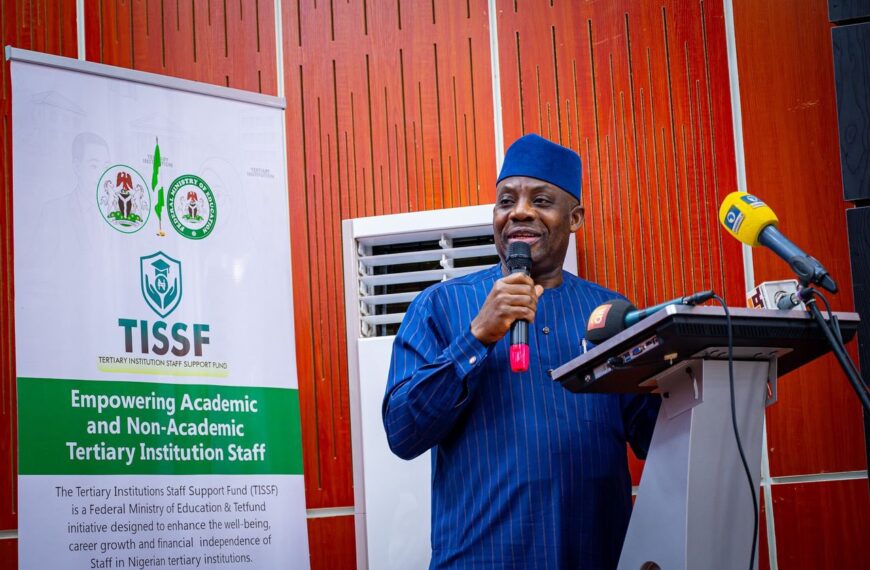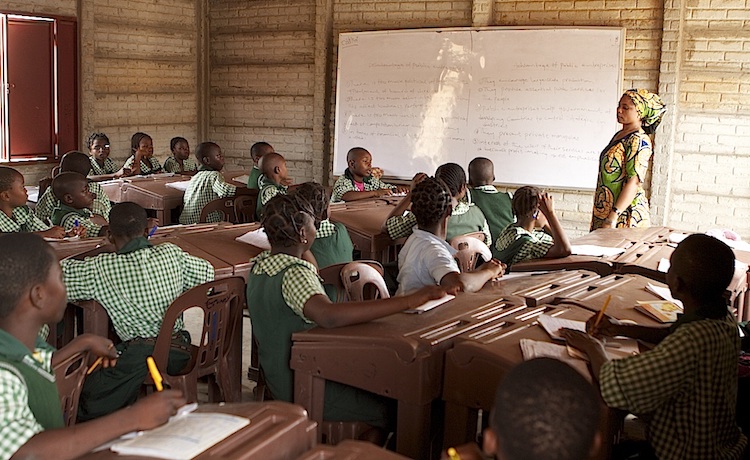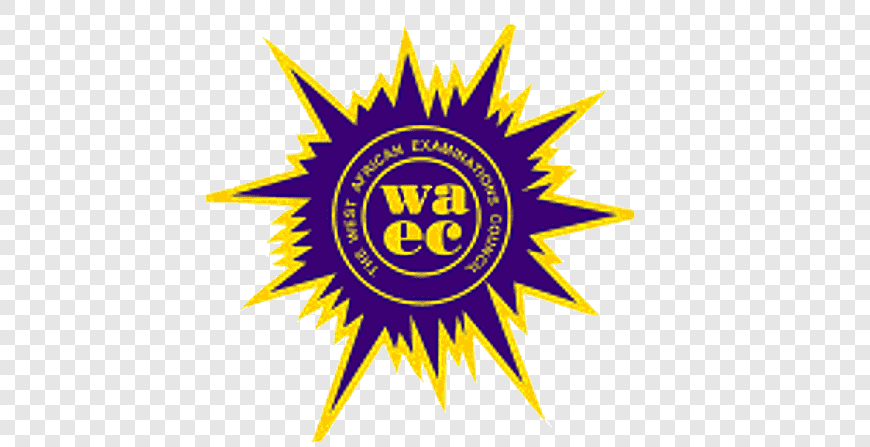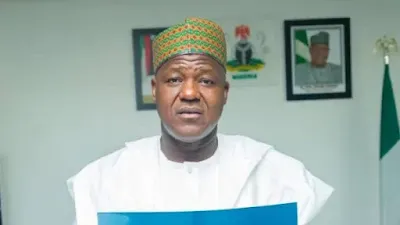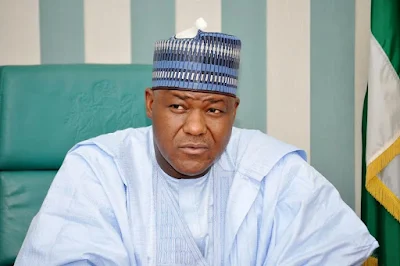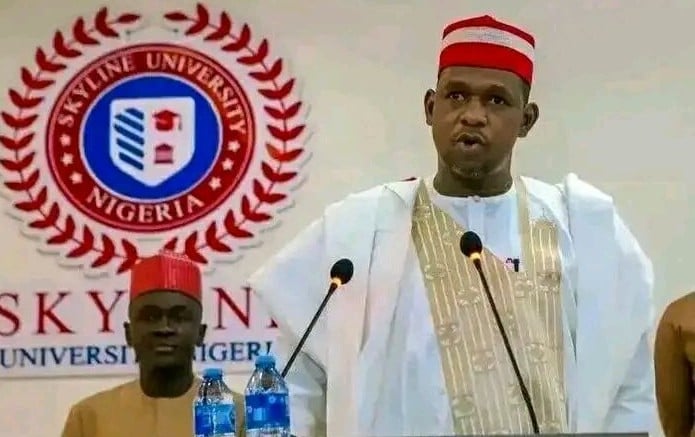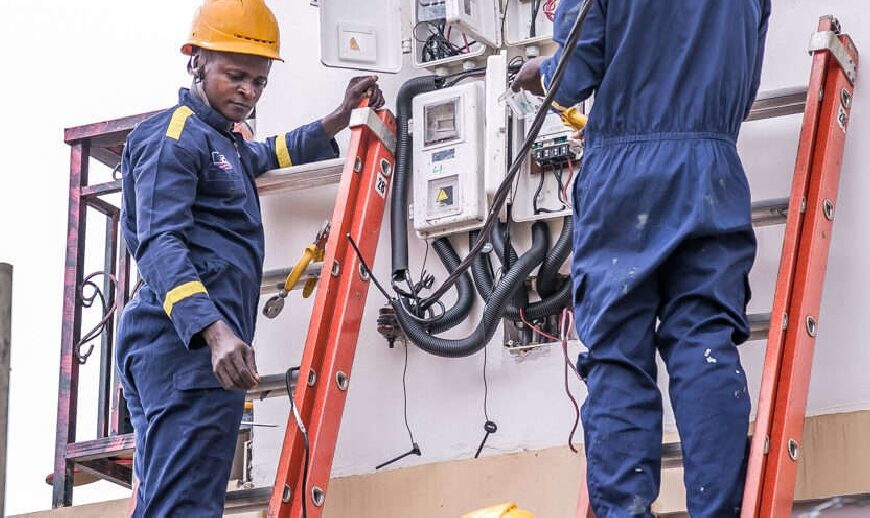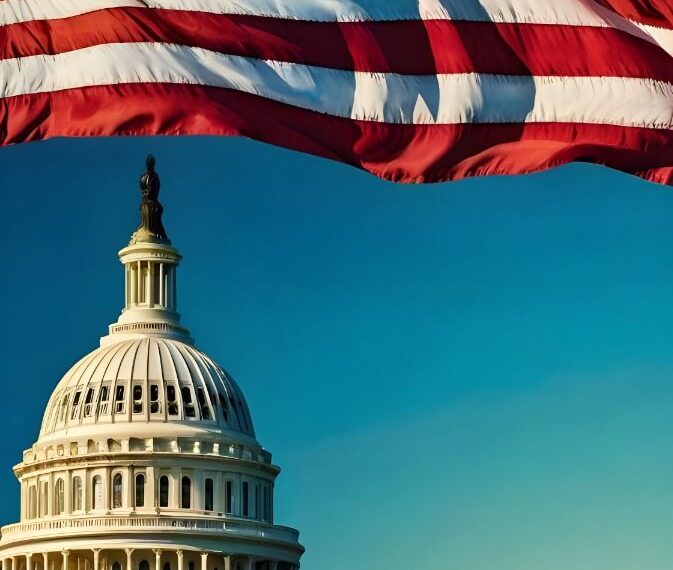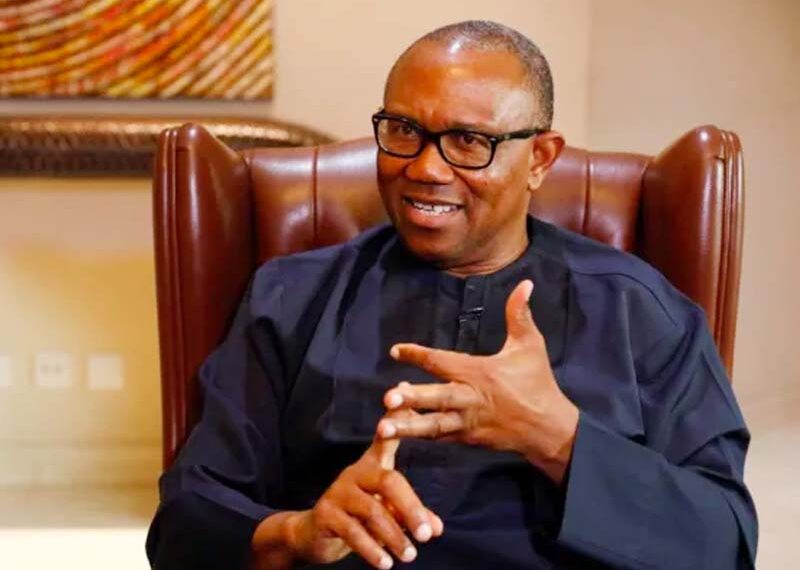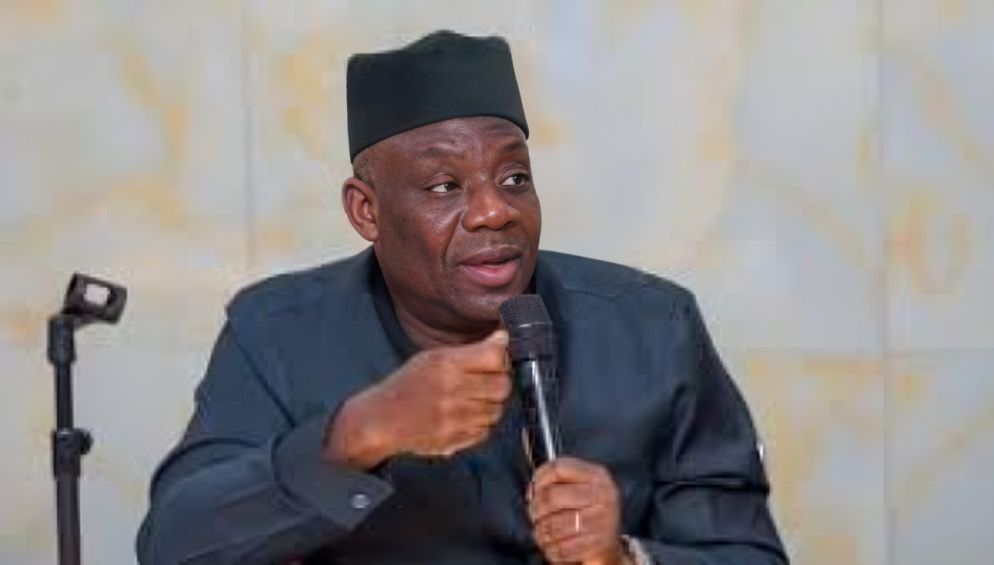
Recent discussions surrounding the future of Nigeria’s education system have sparked confusion regarding the status of Junior Secondary School (JSS) and Senior Secondary School (SSS). The government has officially clarified that the JSS and SSS structure remains in place. While exploring the possibility of a 12-year uninterrupted basic education model, no immediate changes to the current system are being implemented.
The discourse surrounding educational reform is driven by the desire to enhance the quality of learning and ensure equitable access for all Nigerian children. A key point of discussion is the proposal to extend compulsory education from the current nine years to twelve years. This proposed extension is still in its nascent stages, undergoing thorough review and stakeholder consultation. The government is actively engaging with educators, parents, and other relevant parties to gather diverse perspectives and ensure any potential reforms are well-considered and beneficial.

It’s crucial to emphasize that reports suggesting the outright scrapping of JSS and SSS are inaccurate. The current JSS and SSS structure continues to function as the established pathway for secondary education in Nigeria. The government’s focus remains on continuous improvement within the existing framework while carefully evaluating the potential benefits and challenges of the proposed 12-year model. This evaluation process involves analyzing various factors, including curriculum development, teacher training, infrastructure, and funding implications.
The government has reiterated its commitment to a data-driven approach, ensuring that any modifications to the education system are based on solid evidence and aimed at maximizing positive outcomes for Nigerian students. The ongoing dialogue and consultation process underscore the government’s dedication to collaborative decision-making in shaping the future of education in Nigeria. Therefore, while the 12-year model is under consideration, students, parents, and educators can be assured that the JSS and SSS system remains the current structure for secondary education. The focus remains on strengthening this existing system and ensuring its effectiveness while the potential for future reforms is thoroughly explored.


